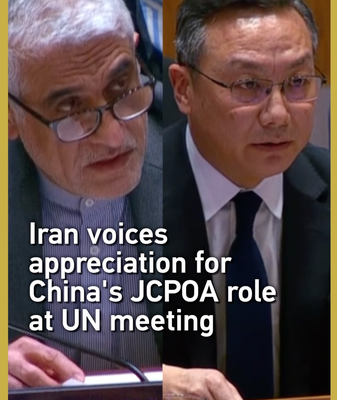
Iran Praises China and Russia’s JCPOA Support at UN
At a UN Security Council meeting, Iran thanked China and Russia for upholding JCPOA commitments, as China highlighted the 2018 U.S. withdrawal and maximum pressure policy.
My Global News: Voices of a New Era
🌍 Stay Ahead, Stay Global 🚀

At a UN Security Council meeting, Iran thanked China and Russia for upholding JCPOA commitments, as China highlighted the 2018 U.S. withdrawal and maximum pressure policy.
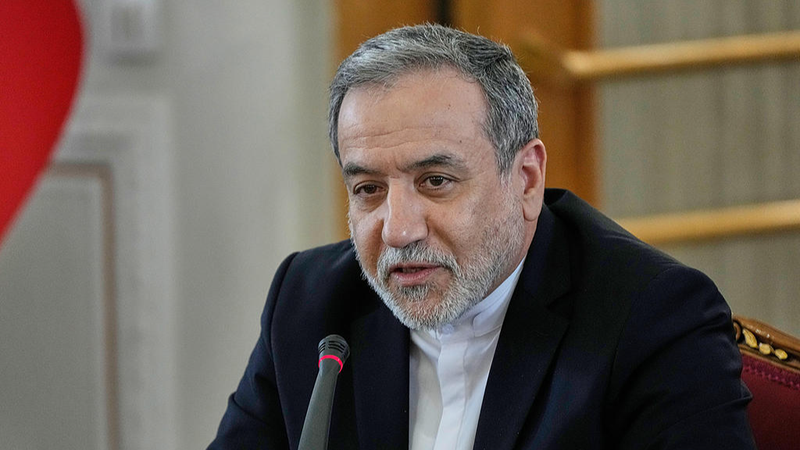
As UN resolution 2231 expires on Oct 18, Iran regains full nuclear program rights under the NPT, ushering in a new era in non-proliferation talks and energy markets.
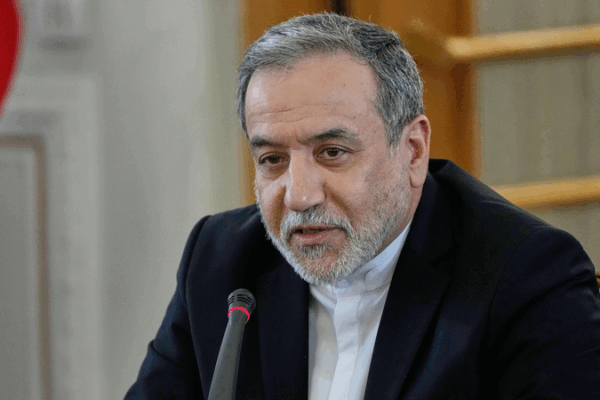
Iran FM signals readiness for fair talks with Washington on nuclear deal and sanctions, marking a potential shift in global energy and diplomacy.
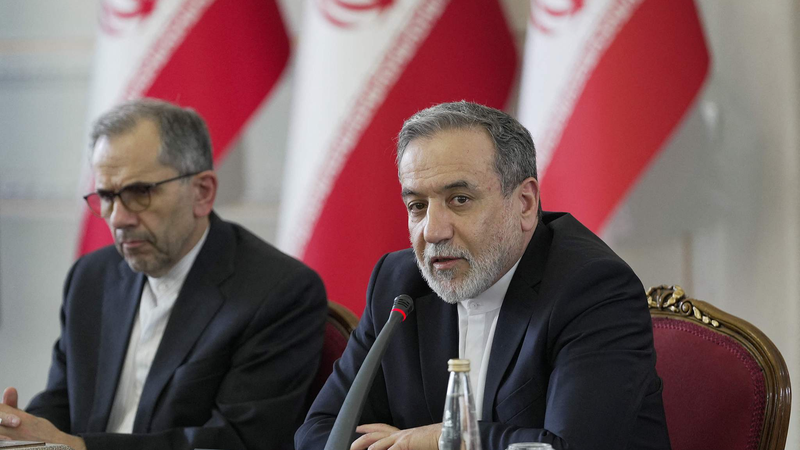
Iran rejects the snapback of UN sanctions as “illegal and unjustified”, vowing to defend its interests after the JCPOA dispute.
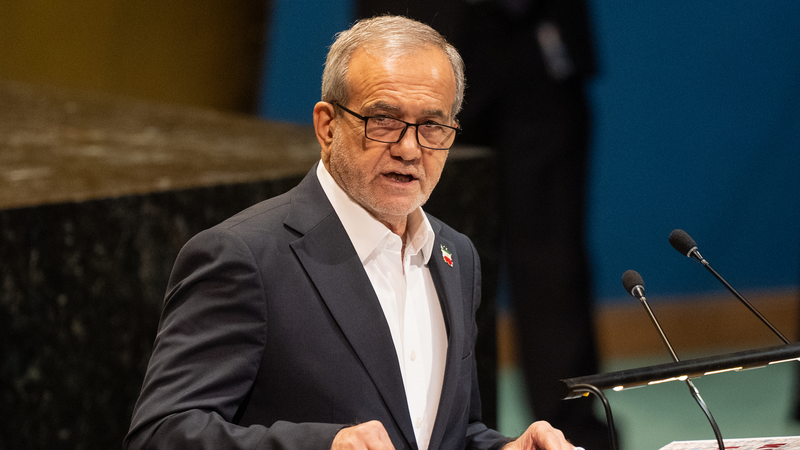
Iranian President Masoud Pezeshkian blames the US for blocking a 2015 nuclear deal as UN sanctions resume, highlighting fresh tensions on the global stage.

China voiced deep regret after the UN Security Council failed to extend sanctions relief for Iran under the JCPOA, raising concerns over regional stability.
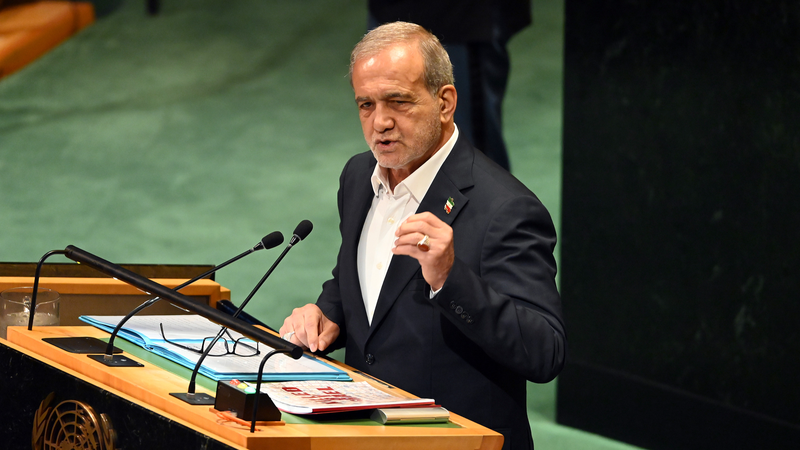
At the UN General Assembly, Iran’s president rejects calls to reinstate UN sanctions, denies seeking nuclear arms, and accuses France, Britain and Germany of undermining the 2015 deal.
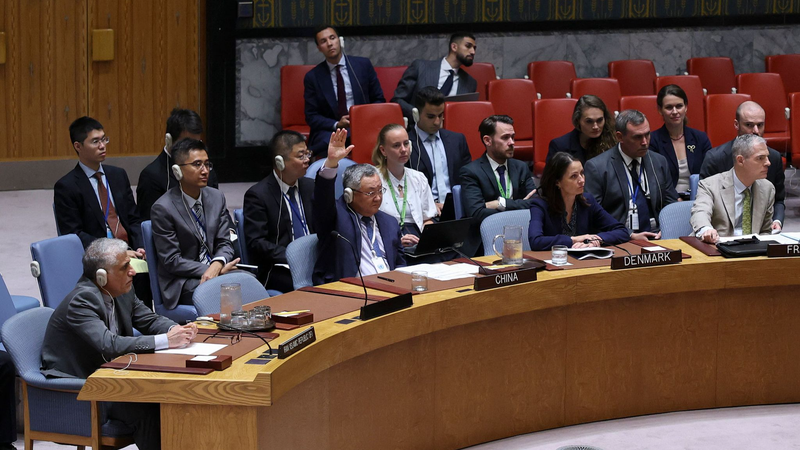
The UN Security Council failed to pass resolutions to extend Iran sanctions relief under the JCPOA, leaving the snapback mechanism poised for action.

A decade on, the JCPOA expires amid renewed tensions, underscoring the challenges of sustaining multilateral diplomacy in a fragmented world.
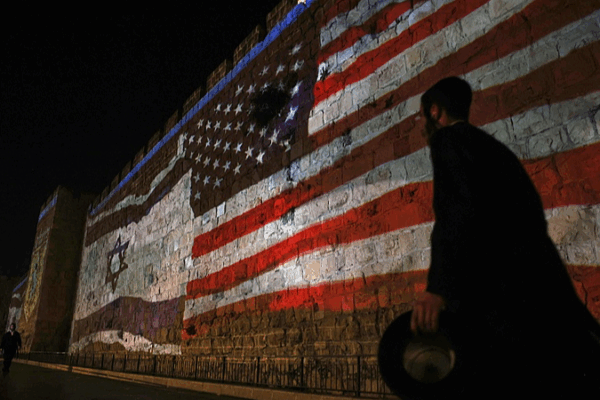
The U.S. strike on Iranian nuclear sites risks regional escalation. Experts say reviving the JCPOA and multilateral diplomacy is the only path to stability.